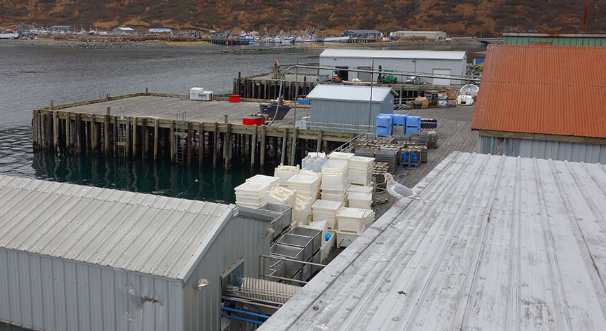 In a letter to Senator Lisa Murkowski on Friday, the Archivist of the United Stated, David Ferriero, informed that the National Archives and Records Administration (NARA) had completed their assessment of the Alaska State Archives and had determined that the NARA did not require the permanent preservation of the Alaska Court Records pre-dating statehood and would transfer those files to the Alaska State Archives.
In a letter to Senator Lisa Murkowski on Friday, the Archivist of the United Stated, David Ferriero, informed that the National Archives and Records Administration (NARA) had completed their assessment of the Alaska State Archives and had determined that the NARA did not require the permanent preservation of the Alaska Court Records pre-dating statehood and would transfer those files to the Alaska State Archives.
NARA said that they would assign legal custody of 1,800 cubic feet of pre-statehood records from civil and court proceedings such as files, dockets, and other documents. Those files constitute 92% of the pre-statehood files. They would retain custody of the remaining 150 cubic feet of records that contain Federal actions.
Also retained by the NARA would be what they characterize as “a small number of oversized records” that could not “be easily re-filed.” They pointed out that those files will be returned as expeditiously as possible.
Also to be transferred over to the Alaska Archives is the 1,250 cubic feet of records pertaining to the Alaska Railroad Corporation.
All told, the NARA will be turning over 3,050 cubic feet of files to the state archives, or 25% of the current holdings.
It was on March 11th, that Ferriero announced that the National Archives facility in Anchorage would be closed and the employees there offered alternate positions in NARA facilities elsewhere with the NARA paying relocation costs.
After receiving the letter from the NARA, Senator Murkowski stated, “Alaska’s Territorial Court Records reveal part of the fabric of our state’s history, and should not be ripped out of the state whose opening chapters they tell. I thank the Archivist of the United States for taking the time to listen to Alaska’s requests and realize that these records, which document Alaskan lives and state functions, should not be relocated 1,500 miles from those who rely on them to research family history, land claims, and other important facets of Alaska’s history.”
Murkowski continues to advocate for various state agencies and stakeholders for other additional records be left in the state during this transfer to the National Archives in Seattle and digitization process.







